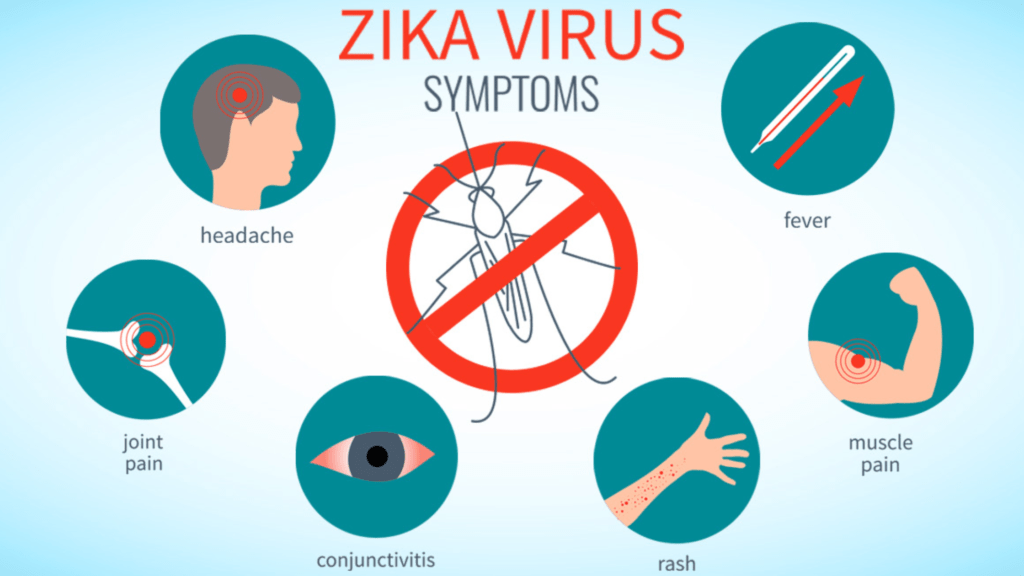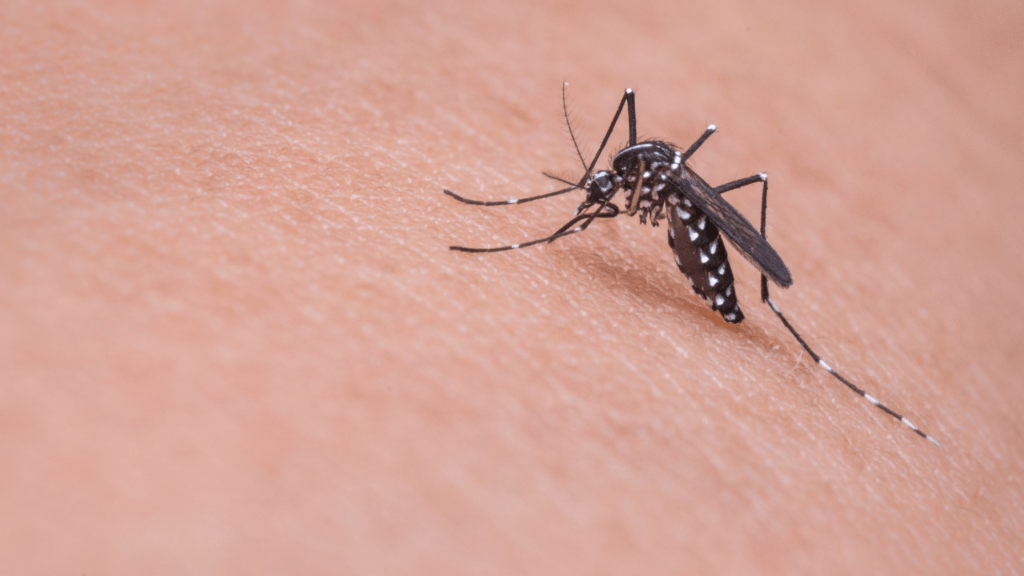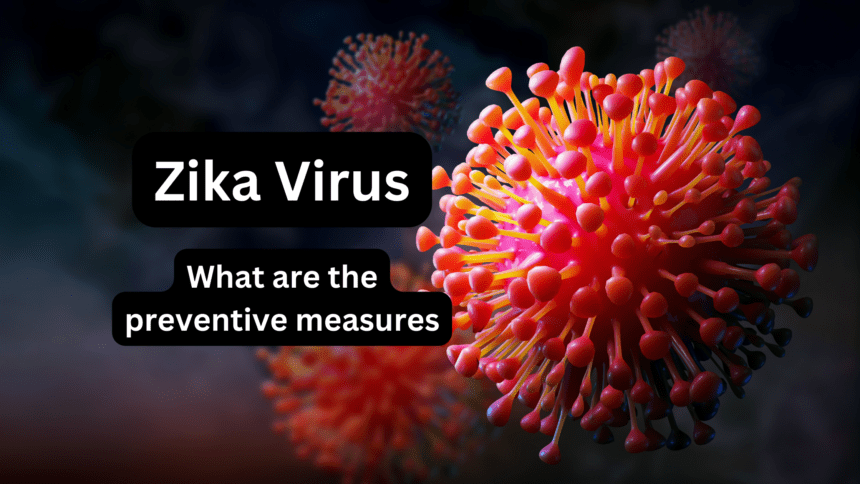Introduction
The Zika virus, a mosquito-borne pathogen, has once again emerged as a significant health concern, this time affecting Pune, India. As the city grapples with rising cases, health experts are urging for intensified surveillance and preventive measures to mitigate the spread of this virus. According to a report, local authorities are sounding the alarm and pushing for immediate action to prevent a full-scale outbreak.
Understanding the Zika Virus
The Zika virus, first identified in Uganda in 1947, is primarily transmitted through the bite of an infected Aedes mosquito. Over the decades, it has spread to various parts of the world, causing outbreaks and health scares due to its association with severe birth defects and neurological complications. The virus spreads through mosquito bites, from mother to child during pregnancy, and through sexual contact. Blood transfusions and organ transplants, although rare, are other possible transmission modes.
Symptoms and Complications
Zika virus infection often presents with mild symptoms, including fever, rash, conjunctivitis, and joint pain. However, severe complications such as Guillain-Barré syndrome and congenital Zika syndrome, which causes microcephaly in newborns, pose significant health risks. The range of symptoms can vary, making it challenging to diagnose without proper medical testing.

Current Status in Pune
In Pune city, six Zika virus cases have been identified, while Kolhapur and Sangamner have each reported one case. Recent health reports indicate a noticeable increase in Zika virus cases, with several neighborhoods experiencing a surge. In the specific areas where the virus has been detected, emphasizing the need for urgent public health interventions. The areas of high mosquito density are particularly affected, prompting urgent calls for action.
Expert Opinions
Health officials have voiced their concerns over the rising Zika cases in Pune. According to the experts from various health departments have stressed the importance of scaling up both surveillance and preventive measures. Epidemiologists recommend immediate measures to curb the spread, emphasizing the importance of robust surveillance systems and public health interventions.
Need for Enhanced Surveillance
Early detection of Zika cases is crucial for controlling outbreaks. Enhanced surveillance strategies, including systematic monitoring and timely reporting of cases, can significantly reduce transmission rates. Utilizing advanced diagnostic tools and technologies is imperative for accurate detection. The increased funding and resources are needed to support these enhanced surveillance efforts.
The implementation of a robust surveillance system will help in identifying and isolating new cases promptly. By monitoring mosquito populations and human cases, health authorities can predict potential outbreaks and take preemptive actions. This proactive approach is essential for controlling the spread of the Zika virus in Pune.
Preventive Measures
Raising community awareness about Zika prevention is vital. Public health campaigns should focus on educating residents about eliminating mosquito breeding sites, using insect repellents, and adopting protective measures. Vector control initiatives, such as fogging and larvicidal treatments, are essential to reduce mosquito populations. Community participation in these efforts can amplify their effectiveness.
In addition to traditional methods, innovative strategies such as releasing genetically modified mosquitoes that cannot reproduce or carry the Zika virus are being explored. These measures, combined with regular community clean-up drives and educational workshops, can significantly reduce the mosquito population and the risk of Zika virus transmission.

Government Response
The local government has implemented several measures to address the Zika outbreak, including intensified mosquito control efforts and public awareness campaigns. However, experts suggest further enhancements, such as increased funding for health departments and more comprehensive surveillance programs.
Government initiatives should also include establishing rapid response teams capable of quickly addressing new cases and outbreaks. By fostering collaboration between different levels of government and health organizations, Pune can ensure a more effective and unified response to the Zika virus threat.
Role of Healthcare Providers
Hospitals and clinics in Pune must be well-prepared to handle Zika cases. This includes having adequate resources, trained healthcare workers, and protocols in place for managing and reporting cases. Continuous training and support for healthcare providers are crucial. Equipping medical facilities with the necessary tools to diagnose and treat Zika virus infections effectively is important.
Healthcare providers should also focus on educating patients about the symptoms and risks associated with the Zika virus. By offering comprehensive care and guidance, they can help mitigate the impact of the virus on the community and prevent further spread.
Public Cooperation
Individuals play a critical role in preventing the spread of Zika. Simple actions like removing standing water from containers, using mosquito nets, and seeking medical advice when experiencing symptoms can make a significant difference. Community engagement and cooperation are essential for effective prevention. Public health messages should encourage proactive behavior to reduce the risk of infection.
Involving local community leaders and organizations in these efforts can help disseminate information more effectively and ensure widespread adherence to preventive measures. Community-driven initiatives can create a sense of ownership and responsibility, leading to more sustained and impactful results.
Global Perspective
The Zika virus has affected various regions worldwide, each with unique challenges and responses. By learning from other outbreaks, Pune can adopt best practices and strategies to manage the current situation more effectively. The global experiences, suggesting the international collaboration and knowledge sharing can provide valuable insights.
Examining successful case studies from other regions can help Pune implement proven strategies and avoid common pitfalls. By fostering international partnerships, Pune can access resources, expertise, and support that can bolster its efforts to combat the Zika virus.
Conclusion
In conclusion, the rising Zika cases in Pune call for immediate and comprehensive action. Enhanced surveillance, preventive measures, and public cooperation are vital to controlling the outbreak. It is imperative for all stakeholders, including government bodies, healthcare providers, and the public, to work together to scale up efforts and protect the community from this debilitating virus.
The concerted efforts of all involved parties can make a significant difference in preventing a full-scale outbreak and mitigating the impact of the Zika virus in Pune. By prioritizing health and safety, the community can overcome this challenge and ensure a healthier future for all residents.
For more content follow Humstory













